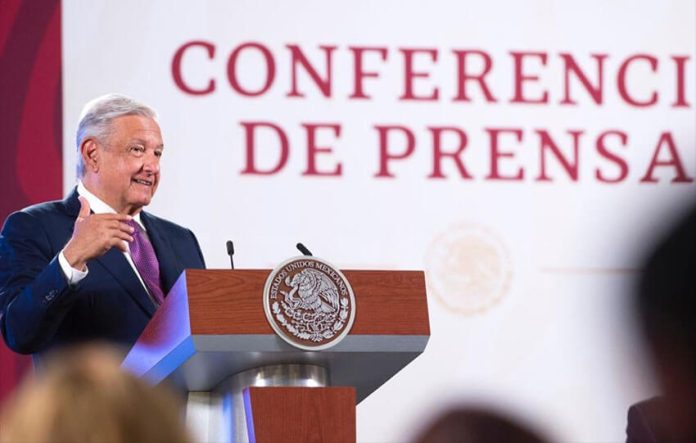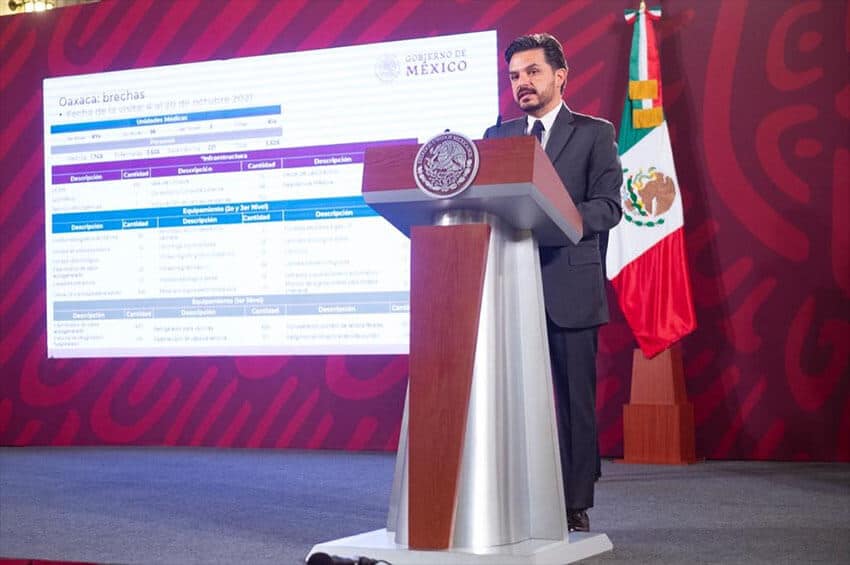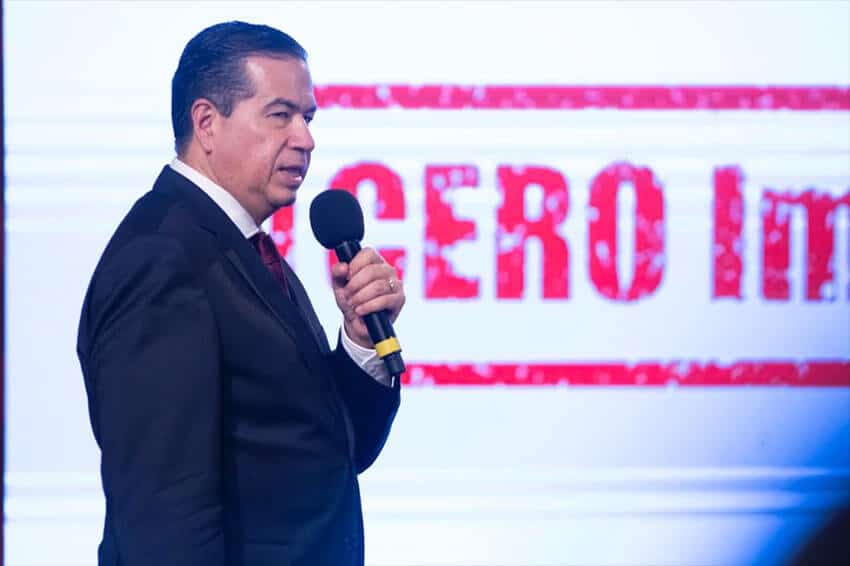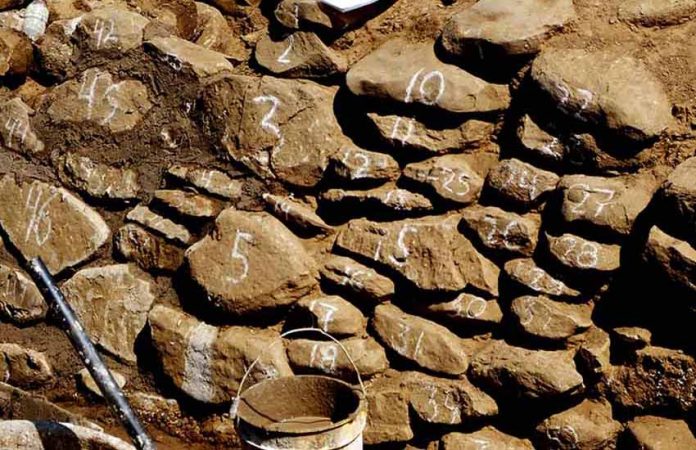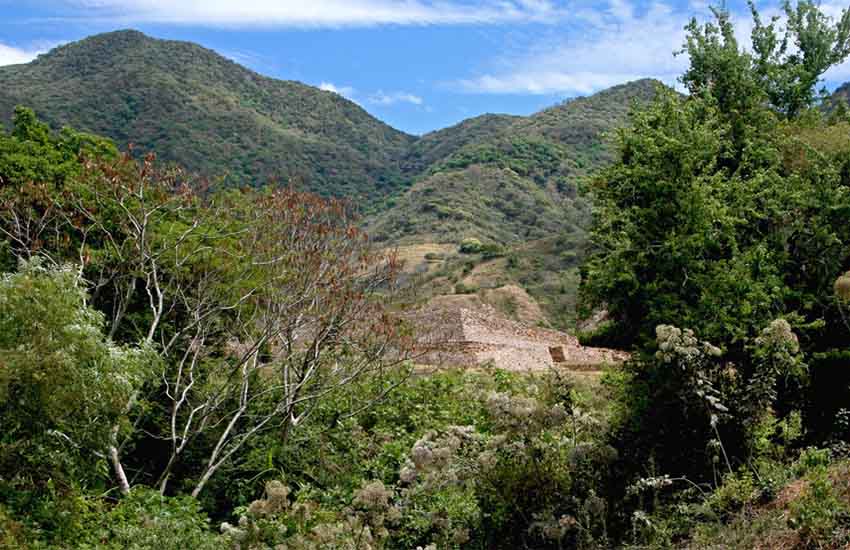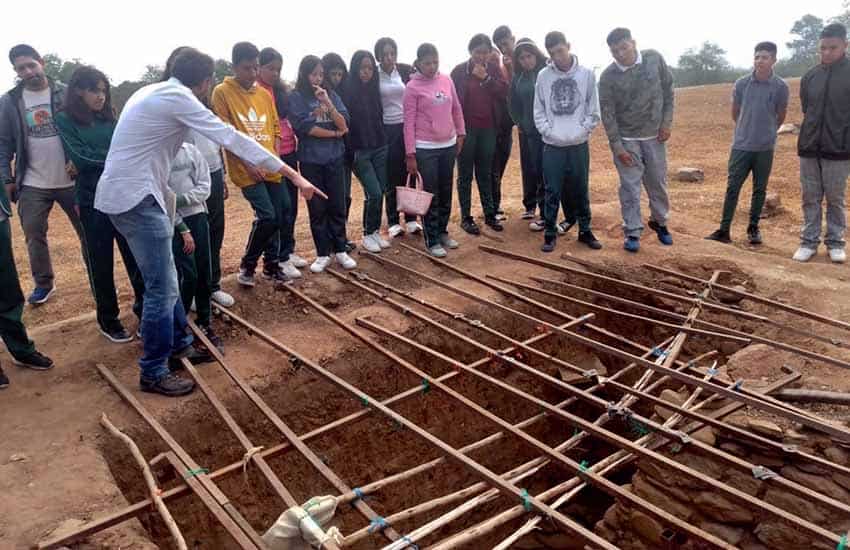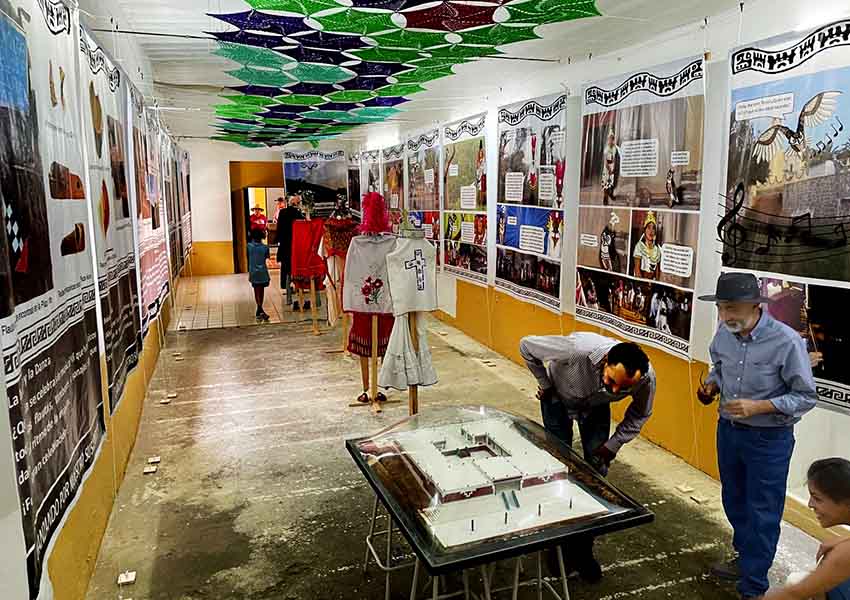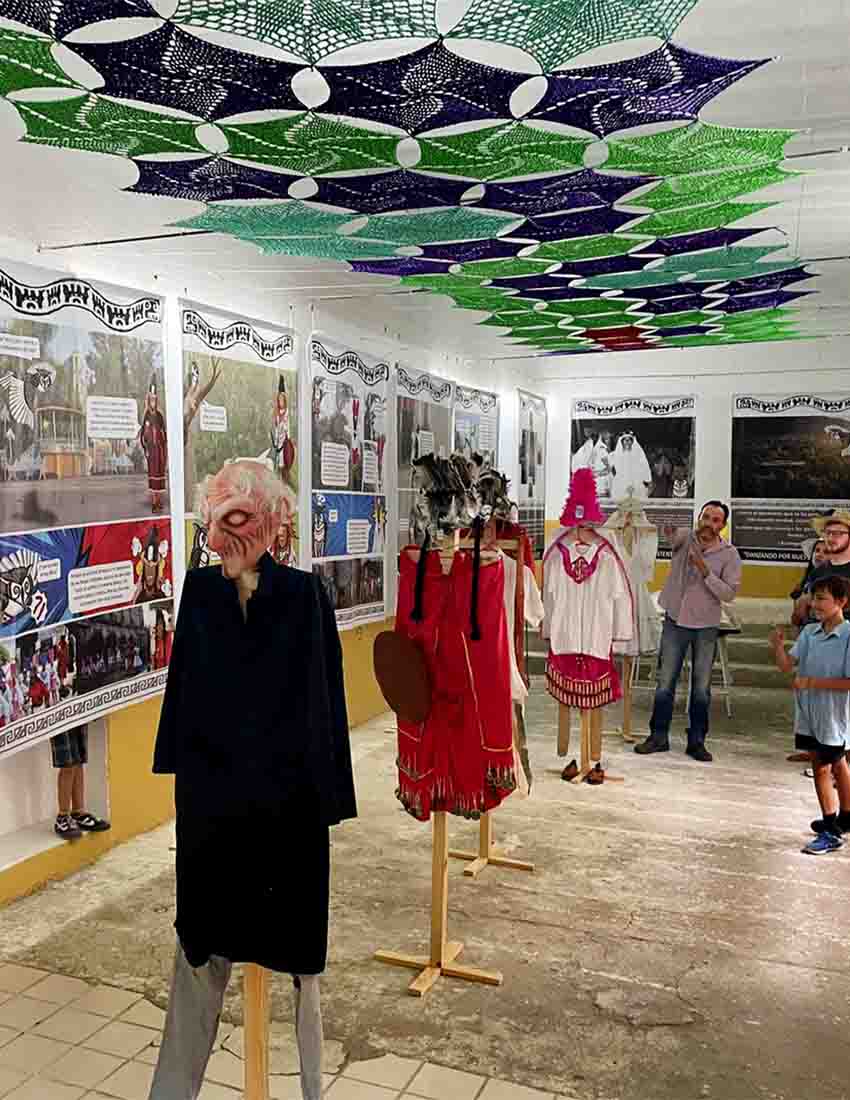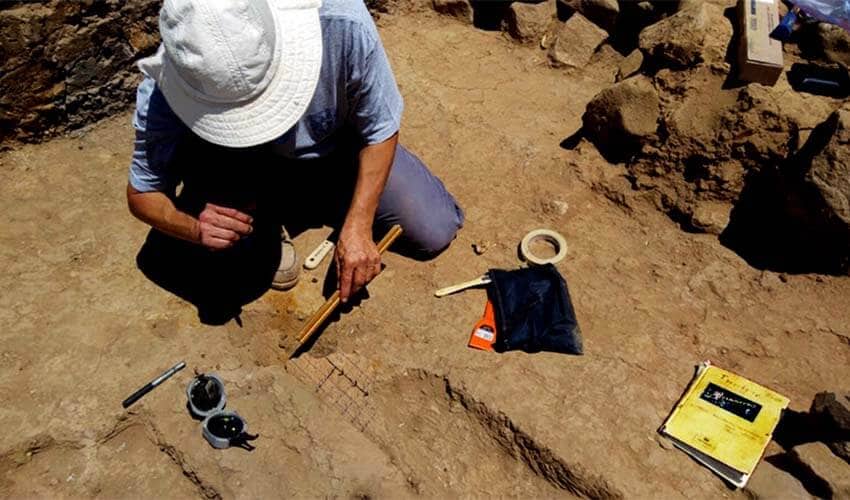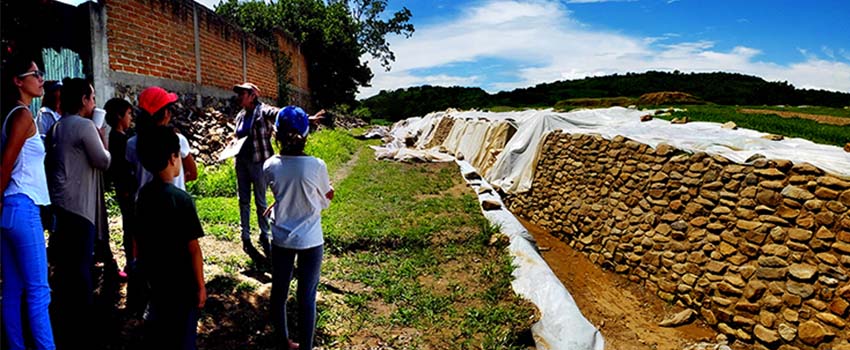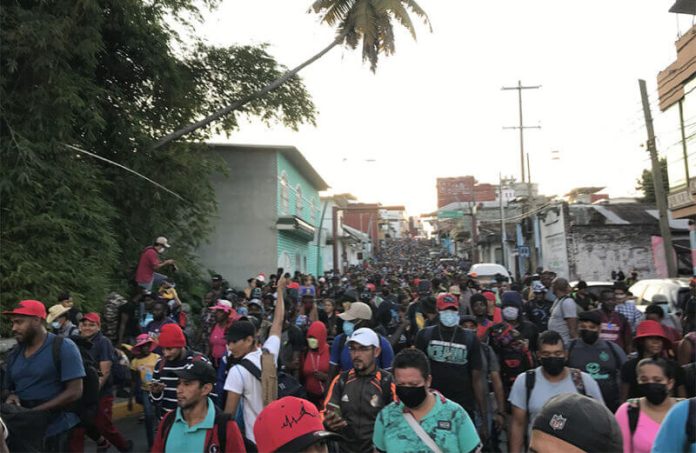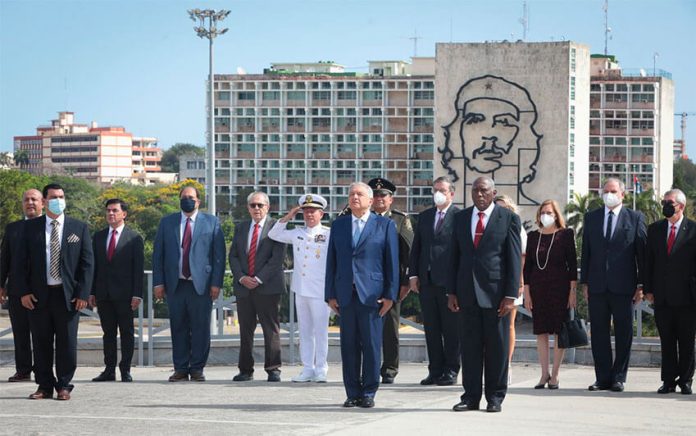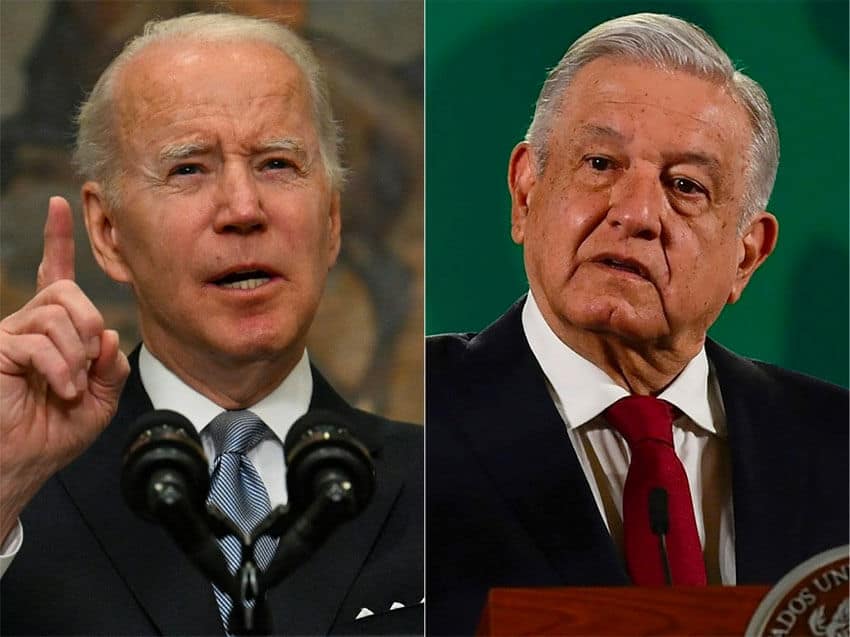What is it about Mexico that brings out talent and appreciation for art? For the last 100 years, foreigners have flocked here to develop a latent appreciation for art or even find one to begin with.
Art galleries abound in Mexico. The number-one art market, unsurprisingly, is Mexico City, but in second place is San Miguel de Allende, Guanajuato, powered by its expat population and tourism. Often these galleries speak English, a plus if your Spanish is not up to the specialized art vocabulary.
Some foreigners have decided to indulge their passion for art by starting art galleries. Their organization and business strategies can vary quite a bit, but they all have one thing in common: they are enthralled by the artists they have found here, sometimes including themselves.
If there is such a thing as a “classic” art gallery for foreigners in Mexico, Susan Santiago’s Galeria San Francisco in San Miguel de Allende might be it.

Santiago was an art teacher for 30 years before coming to San Miguel in 2011. Retirement allowed her to shift her time not only to painting but to starting an art gallery.
Her gallery is in the Fabrica Aurora, a major commercial and cultural hub in the city where several art galleries are located. This allows her to offer classes and more.
Her gallery is “foreign” in two senses — most of her artists are foreign-born and so are most of her buyers. Most of the works are figurative, even folkloric, which appeals to foreign buyers more so than Mexican ones, who tend to prefer more modern and abstract work.
Growing expat populations in other locations have encouraged more folks to take a chance on opening a gallery. Carl Boudreaux and his wife Paula decided to do just that in the port of Progreso, Yucatán, which had no such gallery before they created the House of Bourdeaux.
Carl hopes to sell some of his own work, of course, but his main inspiration is the abundance of undiscovered talent on the peninsula, along with the growing number of people who come here to live, winter and even visit on cruise ships.
Mexico City supports more specialized and avant-garde work. Mexican gallery owners are indeed international and cultured, but foreign entrepreneurs can find niches here as well.
After a couple of false starts, Michael Swank came in 2017 to live in the capital permanently. Since then, he has gotten creative to make this decision work economically, starting with renting rooms on Airbnb, then by providing specialized support for artists looking to reside in Mexico temporarily.
He has hit his stride with the founding of PRPG, an art community incubator that supports Mexican and international artists, especially LGBT+ ones with exhibitions, residencies, specialized feedback and cultural events.

Swank takes advantage of both technology and his knowledge of the market in the United States, partnering with ARTSY and Dab Art Co., online businesses that connect artists, galleries and collectors. Much of Swank’s work is related to the LGBT+ community but is not exclusive to it. His work has attracted the attention of the Mexico City Culture Ministry and others.
Almost by definition, working artists are entrepreneurs, in that they cannot wait around for someone to discover and market them. One obvious answer is to create a gallery that focuses on one’s own work, but this is the most difficult to make successful. But artist and designer Kiki Suárez manages to do this by adding a unique twist at KikiMundo.
Her highly stylized, colorful drawings lend themselves well to everyday items and small collectibles. Her store in the tourist zone of San Cristóbal, Chiapas, has been a thriving business for some time, getting a boost from the establishment of a cafe and restaurant next door.
“Gallery” does not always mean a sophisticated building in an upscale neighborhood. Richard Carr’s Artistas de Mulege is a community-driven effort in Mulegé, Baja California Sur.
It began in 2017 to provide monthly sales opportunities for both local artists and artisans, whose work includes painting, recycled tire sculpture, glasswork and various crafts. Most of its work is done monthly under the Highway 1 bridge, which may seem strange until you realize that large quantities of shade are important in the desert, so the location is actually a popular community gathering place.
They have since negotiated using the ample wall space at the KM 128 Road Café in town to display works for sale. But their dedication to “the bridge” is shown by community murals the organization painted on five of the bridge’s supporting columns in 2021.
Even by narrowing the focus to foreign-owned galleries, there are far more out there than can be covered here. One of the better ways to find good art galleries in your corner of Mexico is through social media.
The group Talk Baja on Facebook, for example, was particularly helpful for finding galleries in San José del Cabo. Here are two of a number of suggestions I got for where to look.

One is the Ida Victoria Gallery, located in the historic district.
It also has an in-house custom framing studio. The Pez Gordo Gallery is the brainchild of Dana Lieb, as is the popular art walk now held in downtown San José de Cabo.
Leigh Thelmadatter arrived in Mexico 18 years ago and fell in love with the land and the culture in particular its handcrafts and art. She is the author of Mexican Cartonería: Paper, Paste and Fiesta (Schiffer 2019). Her culture column appears regularly on Mexico News Daily.





